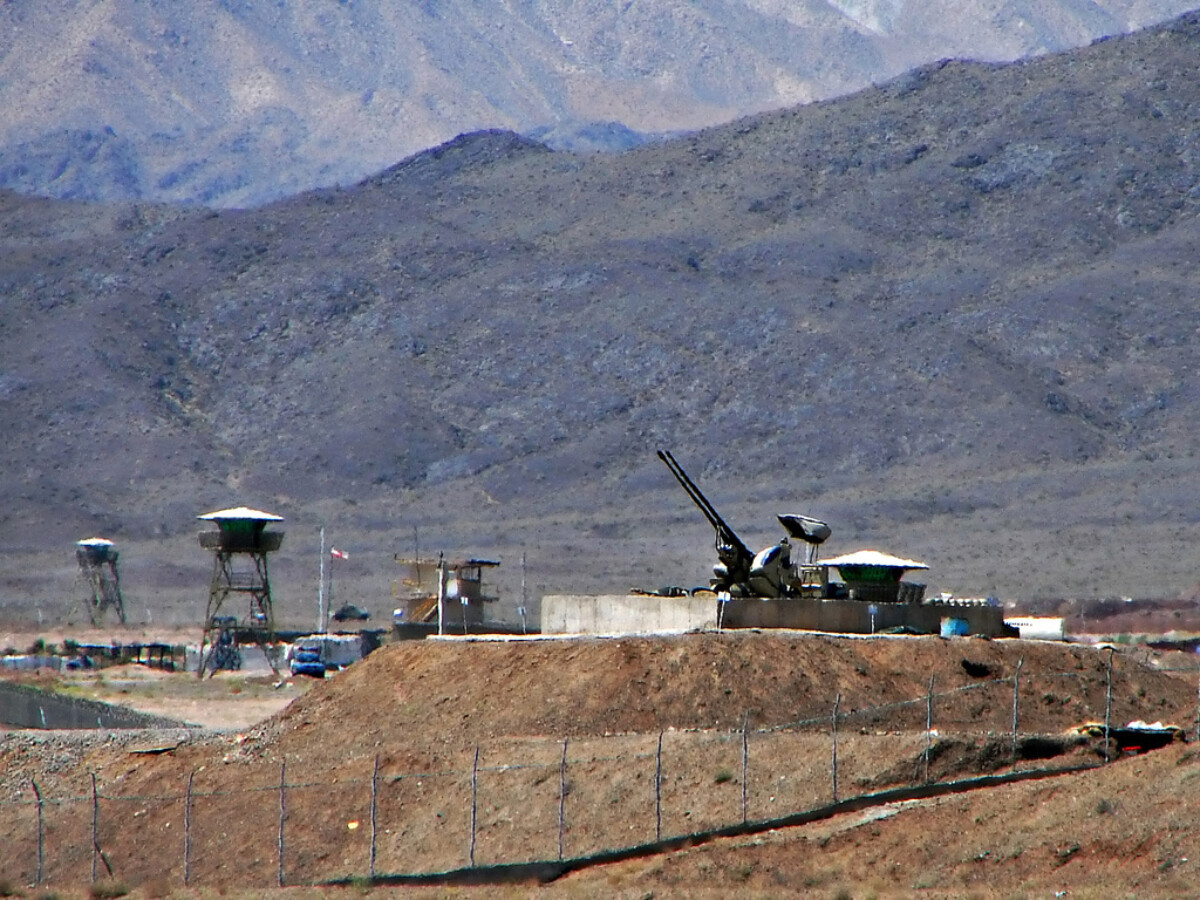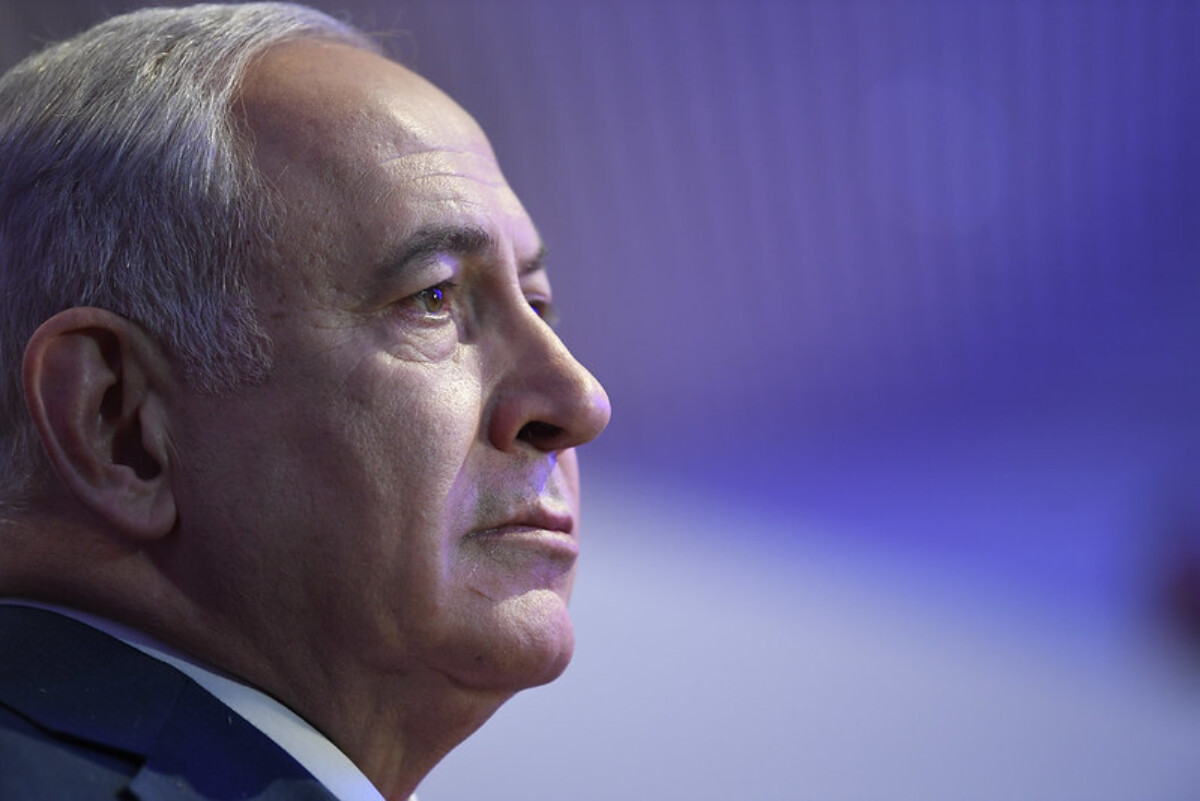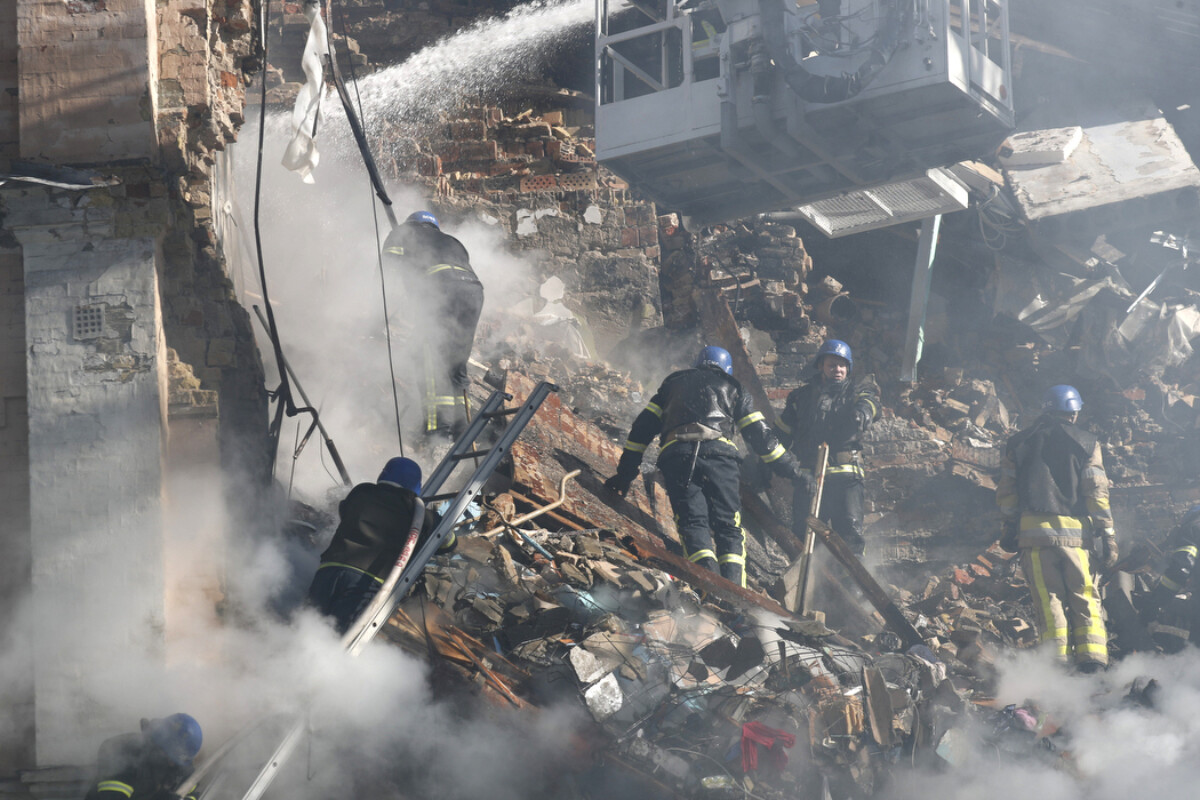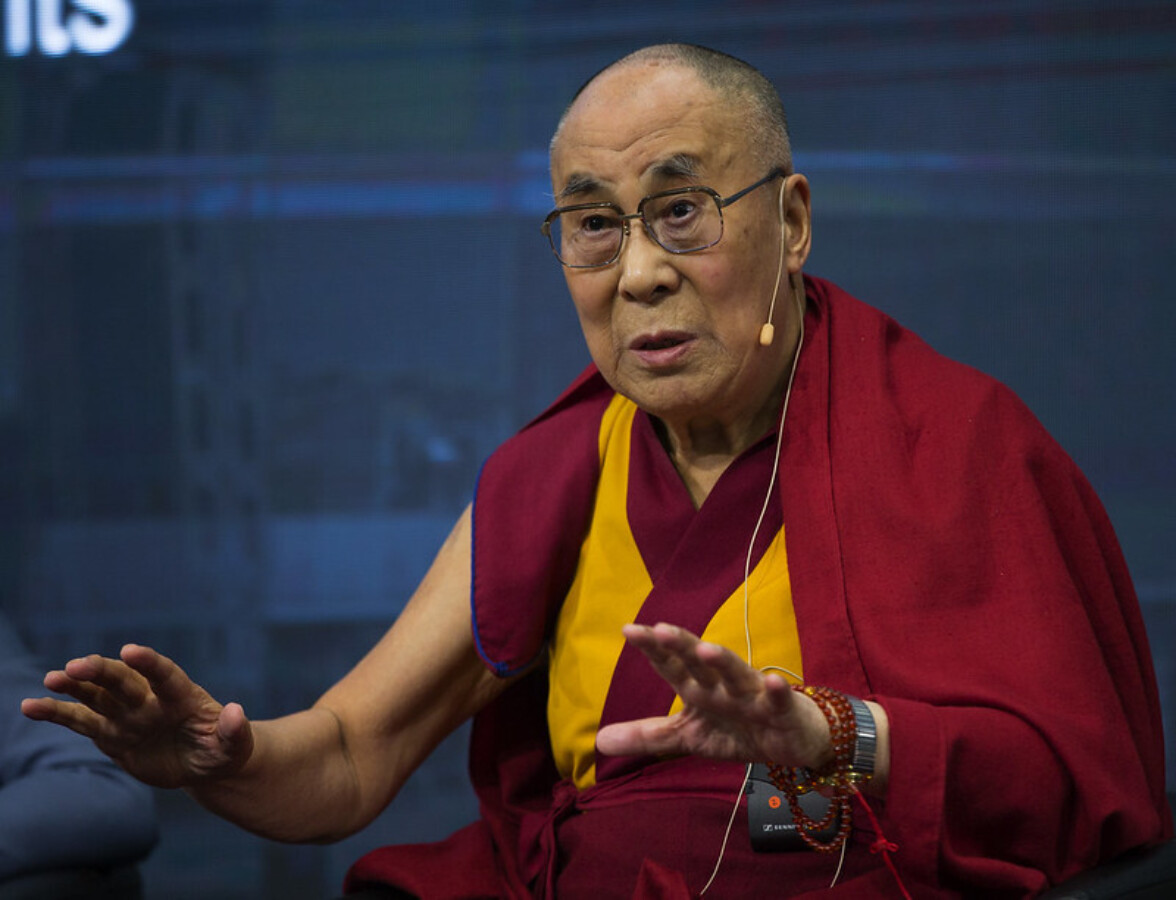Welcome to our roundup of news and current events related to ethics and international affairs! Here’s some of what we’ve been reading this past week:

Photo Credit: Hamed Saber via Flickr.
Wall Street Journal: UN Pulls Nuclear Inspectors Out of Iran for Safety Reasons
The UN pulled its International Atomic Energy Agency (IAEA) inspectors out of Iran on Friday due to safety concerns, including increasing threats against the IAEA after the recent U.S. and Israeli strikes on Iran. Since the strikes, IAEA inspectors have not been able to visit Iranian nuclear sites. Their departure also follows Iranian President Masoud Pezeshkian’s announcement that Iran has suspended its cooperation with the IAEA, which is a requirement under the Nuclear Non-Proliferation Treaty. Both the United States and European powers have condemned the decision and called on Iran to reverse it, on the grounds that any diplomatic solution to the Iran crisis requires nuclear oversight, and that suspending cooperation constitutes an act of crisis escalation. Without IAEA inspectors in Iran, the international community no longer has insight into the state of Iran’s nuclear program, and the extent to which the program was set back or else wholly eliminated by the recent U.S. and Israeli strikes remains contested.
Read more on nuclear ethics, non-proliferation, and the prospect of a diplomatic solution to nuclear standoff in Ethics & International Affairs:
- “The Tragedy Trap: On the Tragicized Politics of Nuclear Weapons and Armed Drones and the Making of Unaccountability" (2024: 38-2)
- Nuclear Ethics Revisited (2023: 37-1)
- "The Myth of 'Just' Nuclear Deterrence: Time for a New Strategy to Protect Humanity from Existential Nuclear Risk" (2023: 37-1)

Photo Credit: World Economic Forum / Valeriano Di Domenico via Flickr
New York Times: The Cost of Victory: Israel Overpowered its Foes, but Deepened its Isolation
After decades of fighting Hezbollah, Hamas, the Houthis, and now Iran, Israel’s recent display of power has secured itself unprecedented regional security. The threat of nuclear Iran has diminished, Israeli relations with the U.S. and Gulf states are stable, and retired Israeli general Yaakov Amidror promises that Israel now “will be more secure than Manhattan.” However, the military strikes and ongoing war in Gaza have increased negative perceptions of Israel globally and sparked a deeply polarized political climate in Western nations in particular. Some analysts argue that the cost of Israel’s security in the Middle East was increasingly tenuous Western support and a far greater sense of isolation for a state already defined by it geographically. Where these tensions lead, and whether the cost of security was worthwhile, remains a topic of debate in this analysis and beyond, especially as President Trump and Prime Minister Netanyahu meet in Washington, D.C., in talks to potentially put an end to the war in Gaza.
Read more on the tradeoffs of security and normative considerations, the limits of sovereignty, and Israel in Ethics & International Affairs:
- Should States Use Social Media to Warn Civilians in Armed Conflict? (2025)
- International Law and the Humanization of Warfare (2024: 37-4)
- "'Transitional Justice' in Israel/Palestine? Symbolism and Materialism in Reparations for Mass Violence" (2015)

Photo Credit: Kyiv City State Administration via Wikimedia Commons.
AP News: Russia Batters Ukraine with More than 700 Drones, the Largest Barrage of the War, Officials Say
Russia launched the largest aerial attack of the war on Wednesday, amid a renewed Russian push of long-range attacks on Ukraine. The then-largest aerial assault of the war occurred last week in Kyiv, which suffered severe damage after the seven-hour barrage. The most recent attack seemed to target Ukraine’s access to Western weapons and foreign aid, with Lutsk, a town home to Ukrainian military airfields, being the most heavily hit. The attacks come during a period of Ukrainian vulnerability due to uncertainty regarding future U.S. military aid shipments to Ukraine, with President Trump suggesting that the United States would send more aid after the attacks, and European allies considering how to compensate if U.S. aid were withdrawn. The same day that Russia attacked Lutsk, the European Court of Human Rights ruled that Russia had violated international law and committed atrocities in Ukraine over the course of a decade, a ruling that the Kremlin said it would ignore and Ukraine called “historic and unprecedented.” According to the Kremlin, Russia’s increasing efforts to overwhelm Ukrainian air defenses and break through the front lines promise to continue through the summer.
Read more on the ethics of drone strikes, civilian involvement in modern warfare, and the Russian war on Ukraine in Ethics & International Affairs:
- "Technology and the Civilianization of Warfare" (2024: 38-1)
- "Returning the War to Russia: Drones and Discrimination in the Defense of Ukraine" (2024: 38-1)
- "The Cost of Atrocity: Strategic Implications of Russian Battlefield Misconduct in Ukraine" (2024: 38-1)

Photo Credit: U.S. Mission Photo / Eric Bridiers via Flickr.
CNN: At 90, the Dalai Lama Braces for Final Showdown with Beijing: His Reincarnation
At his 90th birthday celebration this weekend in Dharamshala, India, the Dalai Lama announced that the next Dalai Lama would be born in the “free world” outside of China. This announcement escalates the ongoing conflict between the Dalai Lama and Beijing, with both claiming the sole authority to identify the reincarnated successor. The Chinese Communist Party (CCP), which considers the current Dalai Lama a dangerous separatist and has sought to discredit him and limit his following for decades, is expected to identify and support a Chinese-born, CCP-loyal Dalai Lama. The current Dalai Lama, who has governed in exile in India for half a century and symbolizes the Tibetan struggle for freedom under the CCP, urged all Tibetans and Buddhists across the world to reject any successor named by the CCP. Since the current Dalai Lama fled to India, some Buddhists have remained loyal to Beijing, whereas others follow the Dalai Lama and advocate for full Tibetan independence. The likely prospect of two rival Dalai Lamas threatens to fan the flames of religious and geopolitical tensions between the CCP and Tibetan Buddhists worldwide.
Read more on the Dalai Lama, Buddhism, and the international influence of religious leaders in Ethics & International Affairs: